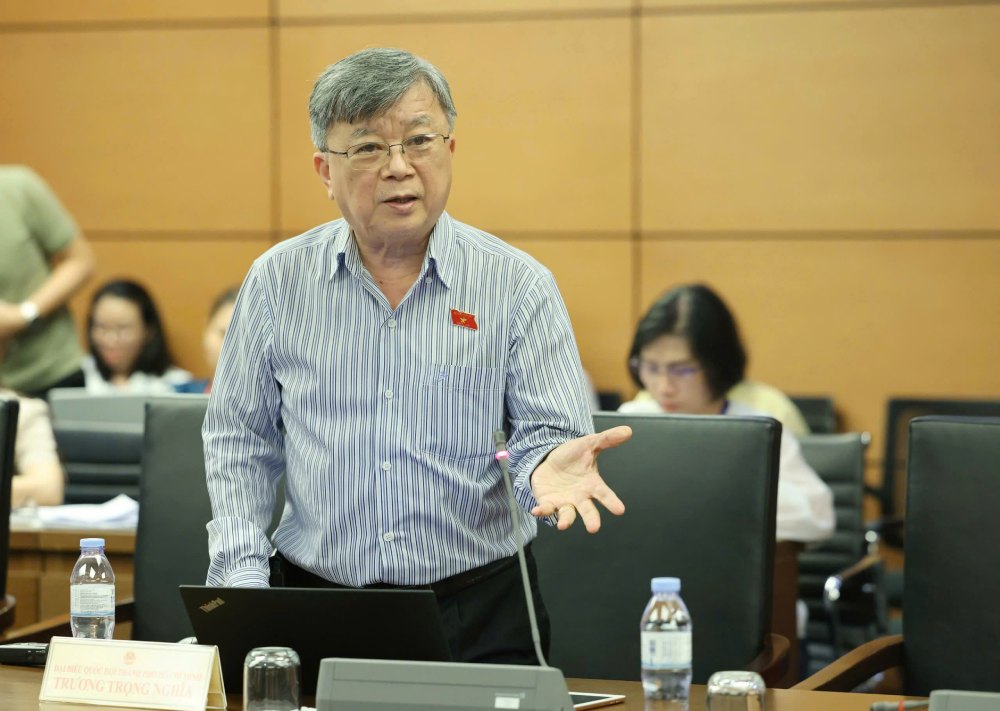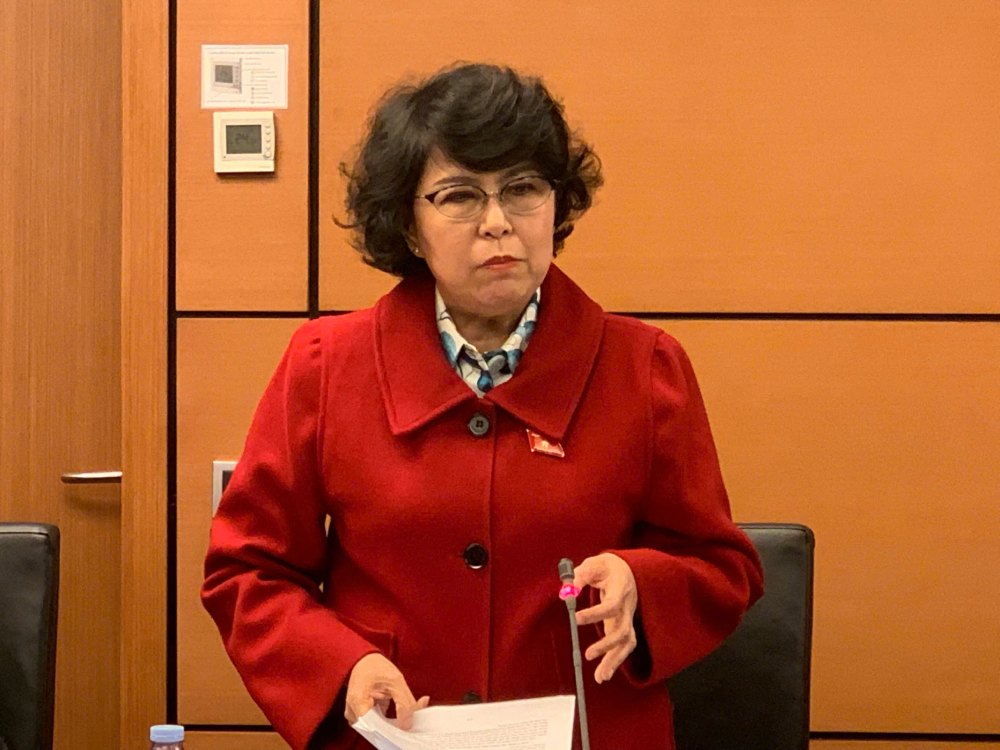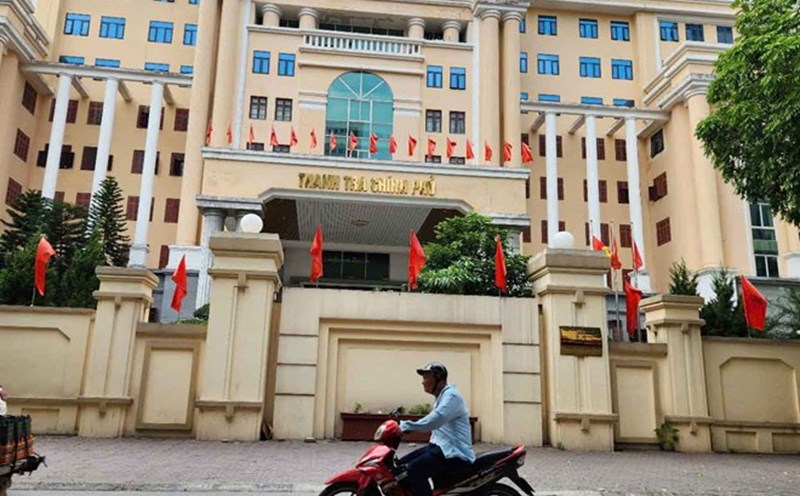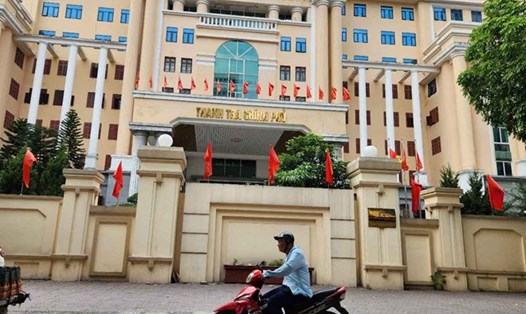Proposal not to apply the form of " draw" to verify assets
On the morning of November 5, the National Assembly discussed the draft Law amending and supplementing a number of articles of the Law on Anti-Corruption.
Interested in the regulations on declaration and verification of assets and income, delegate Hoang Van Cuong (Hanoi Delegation) cited the content of the draft law: In case the assets increase by 1 billion VND or more, the asset and income control agency must conduct verification.
According to the delegate, this regulation needs to be reconsidered. The important thing is not how much the assets have increased, but whether the declarant has a clear and reasonable explanation or not. If the declarant has documents and legal evidence of the purchase and sale and transfer of assets, it should not be forced to verify, to avoid wasting time and resources.
Verification should only be conducted when there are signs of dishonest declaration, denunciation or suspicion about the origin of the property. Doing so is both reasonable and avoids creating a fearful mentality for people with legitimate income.
He also suggested that the form of " draw" should not be applied for random verification, because that makes the work of preventing and combating corruption risky and lacks a legal basis.
Instead, it is possible to regulate periodic verification at a rotating rate, for example, each year, 20% of the number of declarants is checked, so that every 5 years, all subjects will be verified once.
Regarding the regulation on recovering corrupt assets, according to the delegate, this is an issue that the public is very interested in. In fact, in many cases, after being discovered to be corrupt, violators have dispersed or distributed assets to relatives, causing difficulties in the recovery process.
Therefore, he suggested that the law should add regulations to allow the investigation and verification of the assets of those involved when the offender has been prosecuted for corruption or caused loss of state assets.
This regulation not only helps prevent the dispersion of assets, but also increases deterrence and improves the effectiveness of recovering corrupt assets, delegate Hoang Van Cuong emphasized.
Proposal for only cadres, civil servants and public employees to declare assets
Delegate Truong Trong Nghia (HCMC Delegation) said that it is necessary to clarify the scope and subjects of inspection to avoid overlap with inspection agencies or agencies performing anti-corruption tasks in the state apparatus.

Regarding the subject of asset declaration, the delegate said that it should only be applied to cadres, civil servants, public employees, and those with public service responsibilities.
For entrepreneurs, especially those hired to run state-owned enterprises or sent to represent state capital, the delegate said that they should not be forced to declare all assets as civil servants and public employees.
Therefore, he said that there should be no need to worry that not declaring assets to non-civil servants and public employees will reduce the effectiveness of corruption prevention and control.

Regarding the regulation on adding an inspection agency to prevent corruption, delegate To Thi Bich Chau (Ho Chi Minh City Delegation) also suggested that it is necessary to clarify the coordination mechanism to avoid overlap.
The delegate cited that there is currently a situation where the same unit is being inspected, audited and audited by many agencies at the same time, causing work to be interrupted. In fact, some agencies have only nearly 200 staff, but dozens of people have to regularly serve inspection teams, slowing down the progress of work for the people.
In particular, it is necessary to focus on sensitive areas such as land, finance, inspection, and auditing - where people often report and complain.
The disclosure of rankings and assessment results will create a healthy competitive driving force between agencies, thereby strengthening trust and enhancing social supervision.











